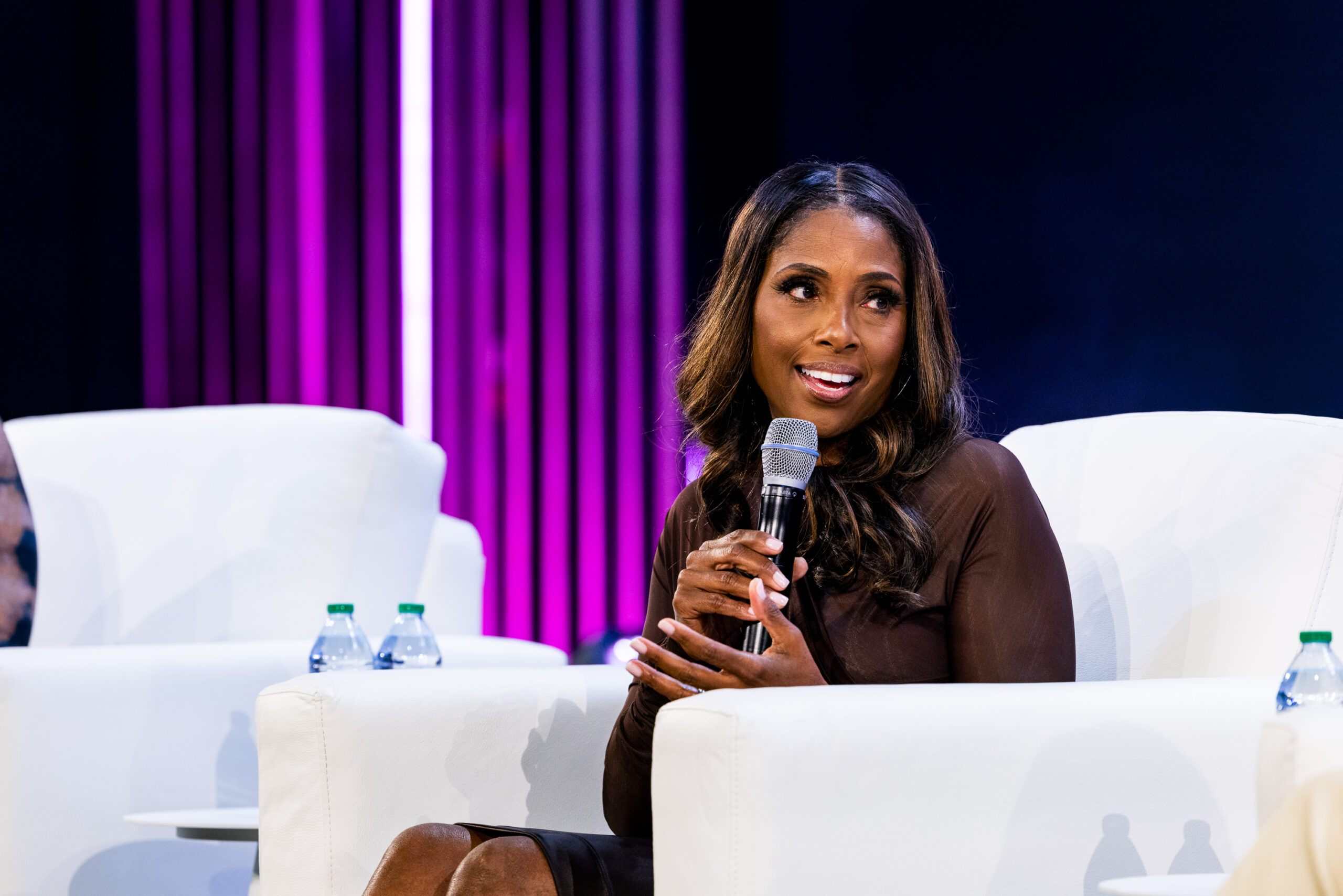
With the latest attacks on women’s health from the government, it is a crucial time in America for women as it’s uncertain about what awaits them with medical assistance.
The overturning of Roe v. Wade in 2022 left many women across the country in distress as their national right to abortion was repealed. Currently, 14 states have implemented near-total abortion bans, while Georgia, South Carolina, Florida and Iowa have imposed restrictions, prohibiting abortions after approximately six weeks of pregnancy, reported The Guardian. Other states have passed legislation or conducted ballot initiatives to safeguard abortion rights.
Dr. Whitmore spoke about her consistent run-ins with apprehensive women she serves at her practice, especially given the distrust between Black people and the healthcare industry that’s taken place over generations.
“We don’t trust the provider. We don’t trust big pharma. There are so many issues with building trust. I’m Black, I have a majority black practice,” Dr. Whitmore shared with the crowd. “I have patients who have been coming to see me for years, and I still have to beg them to start the medication for blood pressure. I don’t work for big pharma, I don’t benefit from big pharma, and I still have to beg the patient to take the medicine.”
This brought about Johnson speaking on how she sometimes uses Google as a source for self-diagnosis when she and others should rely more on knowledgeable medical professionals.
“Because of trust, we have decided to devalue medical expertise for people who have gone for years to learn and be educated and understand exactly what’s happening in the community,” Johnson shared. “So, there is so much misinformation out in the world. There is so much misinformation that becomes misbehavior and how we are taking care of ourselves. And I think [that] thinking about all of that becomes so important.”
Dr. Whitmore assured attendees that although it’s great to have a physician who shares the same cultural background, it’s more important to choose someone passionate about what they do because it’s reflected in their work.
She advised people to look within their network and communities for a practitioner.
“As a provider, the things that I encourage my patients to do when you live in a major metropolitan area [is to] search around for the right provider, [and] ask your friends do they have a provider that they think is listening to them?”
Dr. Whitmore emphasized recognizing the exceptional care provided by nurse practitioners and physician assistants, who contribute significantly to offering a comprehensive patient experience. She also stressed the need to trust medical professionals, even when treatments may not always yield immediate results.
She went on to highlight the evolution of TikTok’s medical rabbit hole that some users are living by– but isn’t always accurate.
“The other educator for the young women is TikTok. And I feel like I need to be making TikTok videos with little words of education,” she said. “So, in 2025, I plan to try to make a difference on social media.”
Dr. Whitmore said her content wouldn’t be “formal education as in college and doctorates, but just self-education.
“Part of the problem too, is fear. We have to remove the mask of fear,” the Married to Medicine cast member explained. “The problem is you’re getting some of your education from people who are not [in] healthcare.”
Additionally, it was noted that free virtual appointments are another way that more people have access to great healthcare moving forward.
She offers two ways to help the upcoming and future generations of women be more efficient in taking care of their health.
“I think we need to start in the primary educational system with educating young women about how to take pride in their bodies, but to also think about the whole future, [such as], if you want a family [and] if that’s gonna be a goal, how to get that incorporated into your life.”



